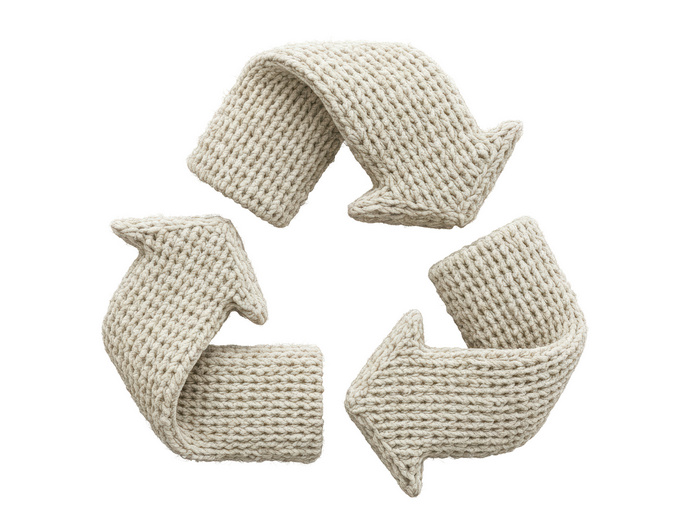EU advances the future of glass applications
Glass is used in automotive, packaging, space communications, optoelectronics, biotech and other applications. There are still areas for improvement in the above domains, but more progress must be made in the basic understanding of glassy materials and developments related to glass technology. The 'European forum on new glass applications' (Efonga) project sought to bring together the many fields active in glass working, from basic knowledge of materials to optimisation of the industrial production process. Groups involved in the EU-funded project were already operative and cooperating within the framework of the European Group of the International Commission on Glass. Efonga worked to manage and coordinate research activities of the various groups at the pre-competitive level. Efforts focused on directing the dissemination of knowledge and providing training activities. Activities reached out to 200 European glass scientists and technologists from industries, institutes, universities and laboratories across 20 EU Member and Associated States. One of the project's most important goals was to develop basic knowledge in the chemistry of glasses with a view to creating new glasses and related applications, especially nano-structured glass materials. At the same time, Efonga emphasised the need to improve the chemical composition and production processes of glasses so as to reduce environmental impact. The project was centred around three axes of coordinating work performed, organising workshops, seminars and meetings and disseminating information on project outputs. Significant progress was made in the cooperative investigation of industrial glasses, and four round robin tests were completed. Numerous participants, students and experts participated in teaching events, meetings and workshops with outputs disseminated and integration brought a step closer each time. The last point is important for streamlining the European glass sector and enhancing its status as a competitive international force. However, it was also deemed important for establishing common industrial best practices to lessen the industry's environmental impact. The Efonga project envisaged that its success could lead to a Network of Excellence on glass.







